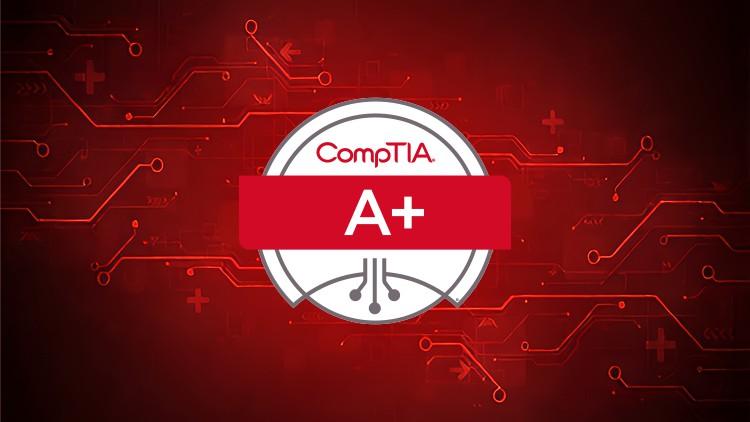Benefits of Getting Your A+ Certification

How to Get Your A+ Certification: A Guide to Launching Your IT Career
In the ever-evolving world of information technology, certifications are essential for validating your skills, opening doors to new job opportunities, and increasing earning potential. One of the most recognized entry-level certifications is the CompTIA A+ certification, designed for those starting a career in IT support and technical troubleshooting. Achieving this certification can be a great first step in your tech career. Here's everything you need to know about preparing for, obtaining, and benefiting from your A+ certification.
What is the CompTIA A+ Certification?
The CompTIA A+ certification is an industry-standard credential that validates foundational IT skills across a broad range of topics, including hardware, software, networking, operating systems, security, and troubleshooting. Unlike more specialized certifications, the A+ certification provides a well-rounded foundation that prepares candidates for various roles, such as IT support specialist, help desk technician, and field service technician. Employers often look for A+ certification when hiring for entry-level IT positions, as it assures them of a candidate’s basic technical knowledge and skills.
Steps to Earning the A+ Certification
Understand the Exam Requirements: The A+ certification consists of two exams: Core 1 (220-1101) and Core 2 (220-1102). Each exam covers a wide range of IT topics:
- Core 1 (220-1101): Hardware, networking, mobile devices, virtualization, and cloud computing.
- Core 2 (220-1102): Operating systems, security, software troubleshooting, and operational procedures.
You'll need to pass both exams to earn your A+ certification. Each exam has a maximum of 90 questions, which include multiple-choice, drag-and-drop, and performance-based questions that test your practical skills.
Study Resources and Training Options: Start by choosing your preferred study materials. CompTIA offers its official study guides, but there are also plenty of third-party resources, such as books, online courses, video tutorials, and flashcards. Consider combining different study methods, as everyone learns differently, and a mix of resources can help reinforce your knowledge.
- Books and Study Guides: Many A+ certification guides are available, including the popular "CompTIA A+ Certification All-in-One Exam Guide" by Mike Meyers.
- Online Courses: Platforms like Udemy, LinkedIn Learning, and Coursera offer structured A+ certification courses, sometimes with practice exams included.
- Practice Exams and Simulators: Taking practice exams is essential to familiarize yourself with the format and timing of the real tests.
Develop a Study Plan and Schedule: Consistent preparation is key to passing the A+ exams. Depending on your prior experience, it might take anywhere from 2 to 4 months to prepare. Set aside regular study time and aim to cover one topic per week. Make sure to review previous material to solidify your knowledge.
Register and Take the Exams: Once you feel confident in your knowledge, register for your exams through the CompTIA website. You can take the exams online or in person at a certified testing center. Each exam costs around $239, but there are discounts for students and certain organizations.
Benefits of Getting Your A+ Certification
The A+ certification is an entry-level credential that can significantly impact your IT career. With it, you gain access to:
- Better Job Prospects: Many employers require or prefer A+ certification for IT roles, making it a valuable asset when applying for jobs.
- Higher Earning Potential: According to CompTIA, A+ certified professionals often earn higher salaries than non-certified peers.
- A Strong Foundation for Further Certifications: The A+ certification is a stepping stone for more advanced credentials, such as Network+, Security+, or even Cisco and Microsoft certifications.
Final Thoughts
Obtaining your A+ certification is a rewarding journey that equips you with essential IT skills and opens doors to entry-level tech jobs. With careful preparation and the right resources, you can succeed in passing the exams and launching a successful IT career.
Comments